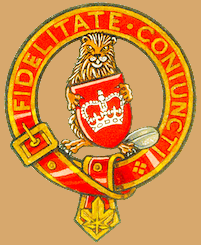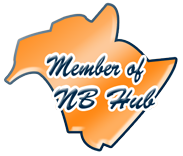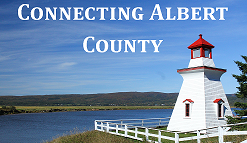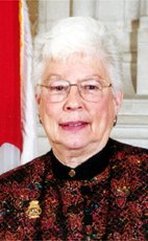REPUBLICANISM WILL NOT HELP WITH RECONCILIATION
In the aftermath of the horrific discoveries of the bodies of Indigenous children at
former residential schools across the country, Indigenous and non-Indigenous
Canadians have rightly been asking themselves what more can be done to help
achieve reconciliation.
Recently, a school in Creston, BC removed its royal connection and renamed the
Prince Charles Secondary School. Statues of Queen Victoria have been toppled and
vandalized with barely a whimper of disapproval. On Twitter, so-called allies of
Indigenous peoples without a shred of sober second thought equate anyone who
supports the Crown with condoning and enabling genocide. All, of course, in the
name of reconciliation.
Unfortunately, there is a belief among some that erasing symbols of the monarchy
and the Royal Family will somehow help bridge the divide between us. Some want
to go as far as abolishing the monarchy altogether, replacing the Queen and the
Crown with a President and republican system of government. They argue that
republicanism is the way forward towards reconciliation. However, they could not
be more wrong in that assertion.
Just as in the broader population, Indigenous opinion on the monarchy is far from
being universal. Some support it, some do not, and some don’t care. However,
reconciliation does not mean republicanism. Nowhere in the Truth and
Reconciliation Commission is there a call for ending the monarchy in Canada. In
fact, a general theme found throughout its ninety-four calls to action is how the
Indigenous-Crown relationship can be fostered and strengthened. The final call to
action called upon the government to amend the Oath of Citizenship to include a
reference to treaties all while keeping references to The Queen and her successors.
Hardly a republican manifesto.
It is surely worth asking what exactly a republic would even achieve in the first
place for Canada’s First Nations, Inuit, and Metis. Would the lives of Indigenous
peoples be improved? Would they be better off? Well, have the Indigenous
populations prospered in our republican neighbours to the south, the United States
and Mexico? Surely not.
Today, there exists great public support for Indigenous people, concern for their
causes, and regret for past wrongs. But tearing down other institutions that are
important to many – including Indigenous people - is not the way to go tactically
or strategically to achieve reconciliation. Ditto for any widespread charges of
colonialism and the like applied to today’s Royal Family who, quite frankly, have
done more to champion Indigenous issues than many of our politicians,
bureaucrats, academics, pundits, and so-called activists.
Blaming The Queen or other members of the Royal Family for the misdeeds and
mistakes of the past is undeserved and ultimately unhelpful to the reconciliation
cause and the country. We have an exciting opportunity to come together and
rebuild the nation-to-nation relationship between the Crown and Indigenous
peoples. Perhaps the Queen herself has a special role to play in this rebuilding. Let’s
seize the moment. Let’s not squander it with ill-conceived actions that will only
further divide us.
Loyally Yours,
A Kisaragi Colour
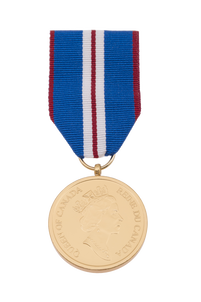
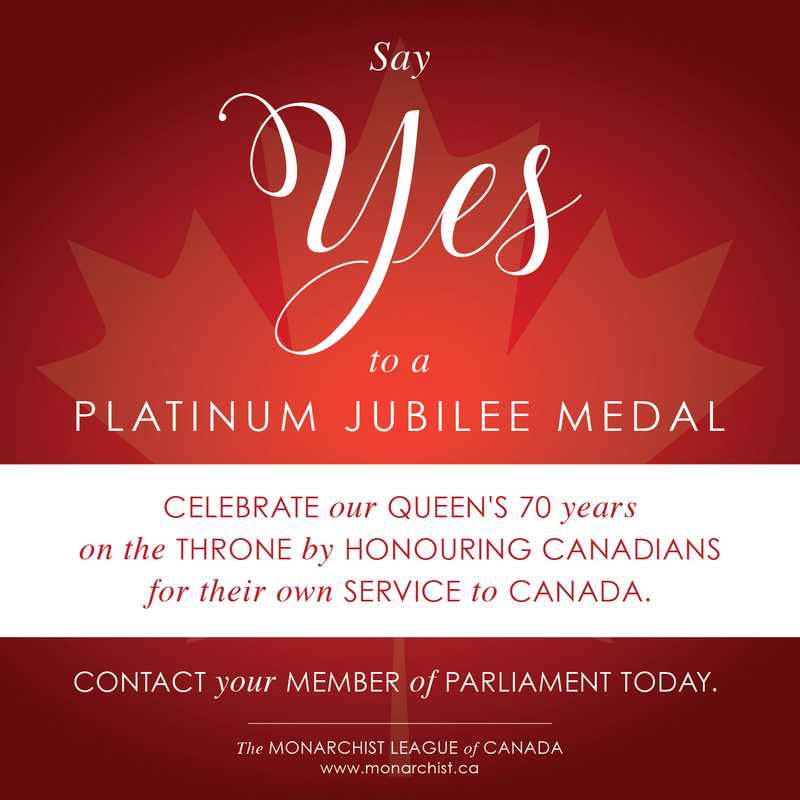
 RSS Feed
RSS Feed
